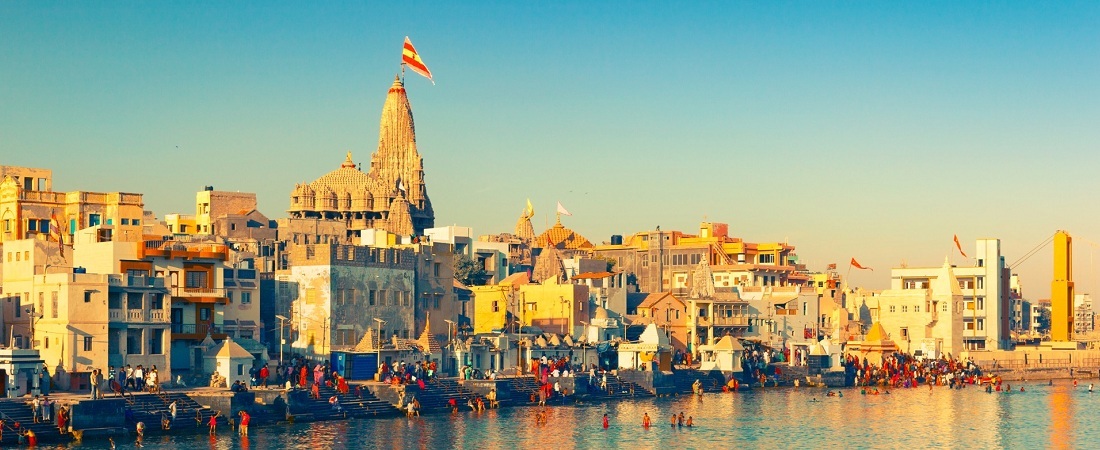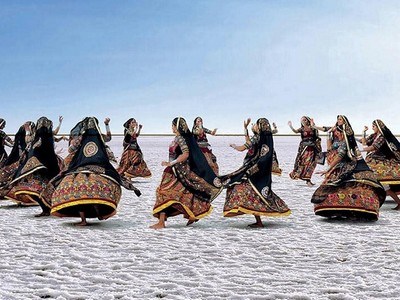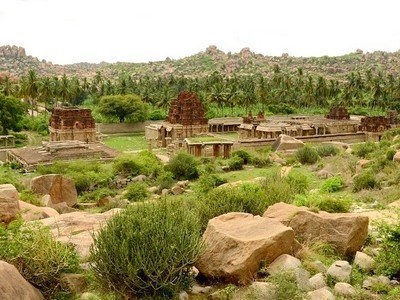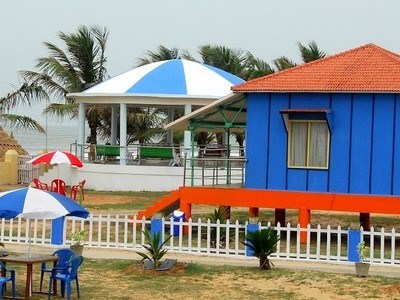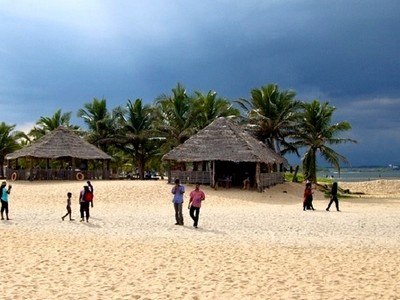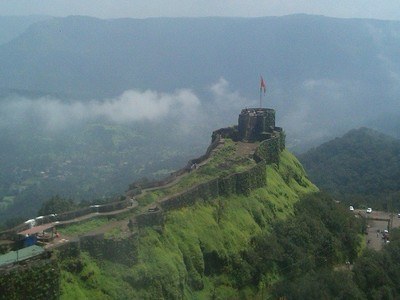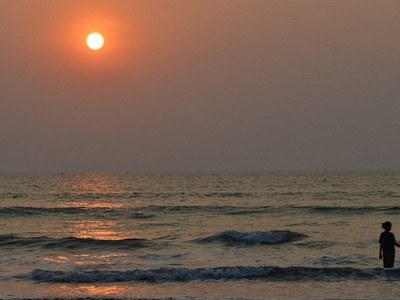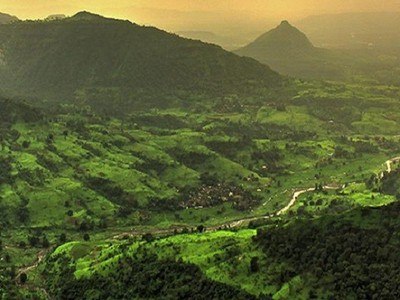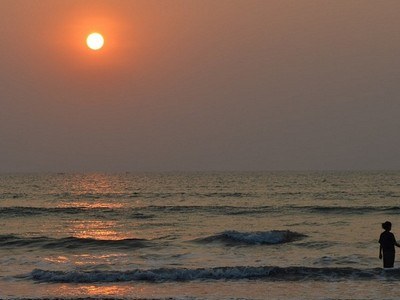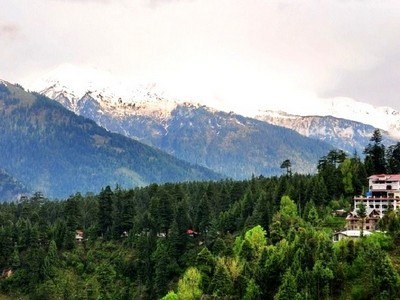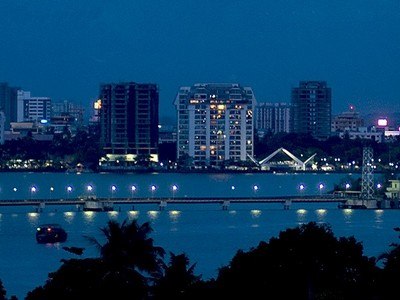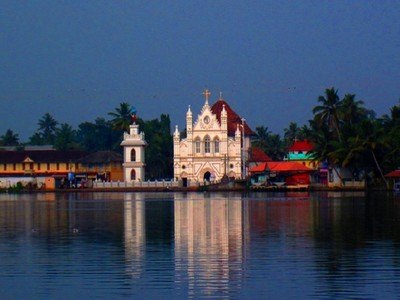At a distance of 7 km from Virpur, 47 km from Junagadh and 67 km from Rajkot, Shree Kodhaldham Temple is a holy temple situated near Kavgad in Gujarat. Located on Virpur-Jetpur road, it is one of the popular religious places in Gujarat and among the must visit temples as part of Rajkot Packages.
Dedicated to Maa Khodiyar, the foundation stone for the temple was laid in the year 2012 and was opened for the public in 2017. Built by Shri Kodhaldham Trust of Leuva Patel community, Shree Khodaldham Temple is one of the largest comprehensive Hindu Temples, measures 299 feet long and 135 feet high. The temple houses the idols of Maa Khodiyar along with Maa Amba, Maa Bahuchar, Maa Verai, Maa Mahakali, Annapurna, Gaurtal, Randal, Butbhavani, Momai, Chamunda and Shihori.
Khodaldham has a distinctive architecture that displays the tradition of Leuva Patel community. Its unique architecture and spiritual aura make this temple a must visit for the devotees as well as tourists. Besides Khodaldham, one can also visit the temples of Shri Mahadeva, Shri Ram Darbar, Shri Radhakrishna, Shri Shrinathaji, Shri Ganesha and Shri Hanuman in Khodaldham temple complex. There is a big garden beside the temple maintained by the forest department, housed with many plants both medicinal, and flowering. The temple authorities also provide battery operated vehicles for senior citizens. Besides, refreshment stalls outside the temple provide snacks and local food items.
Timings: 6 AM - 9 ...
...read more

